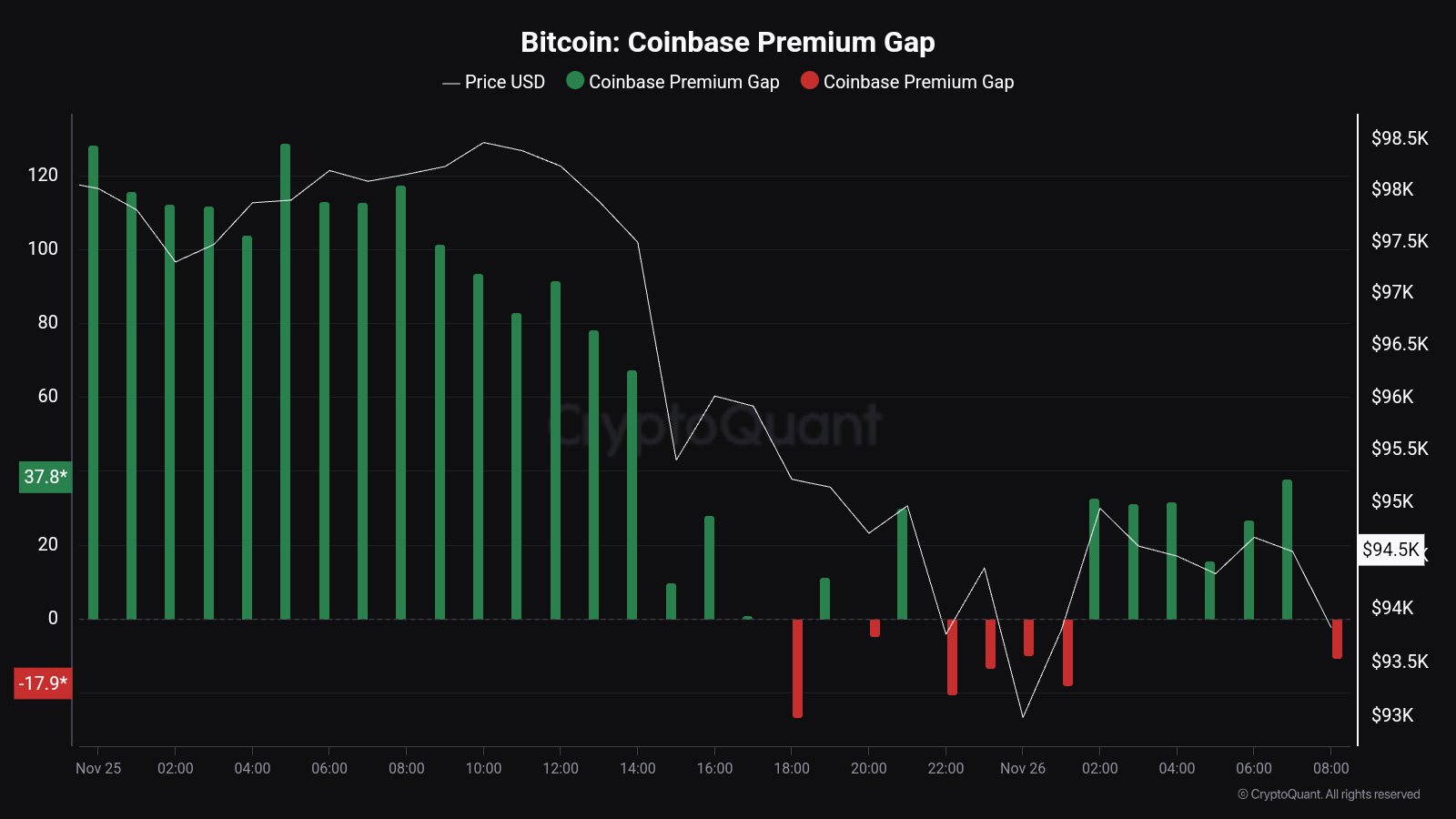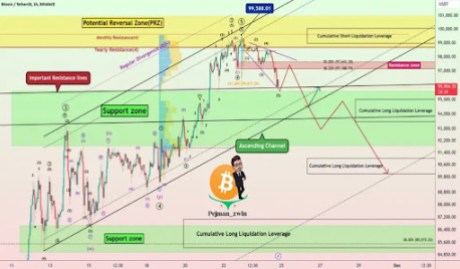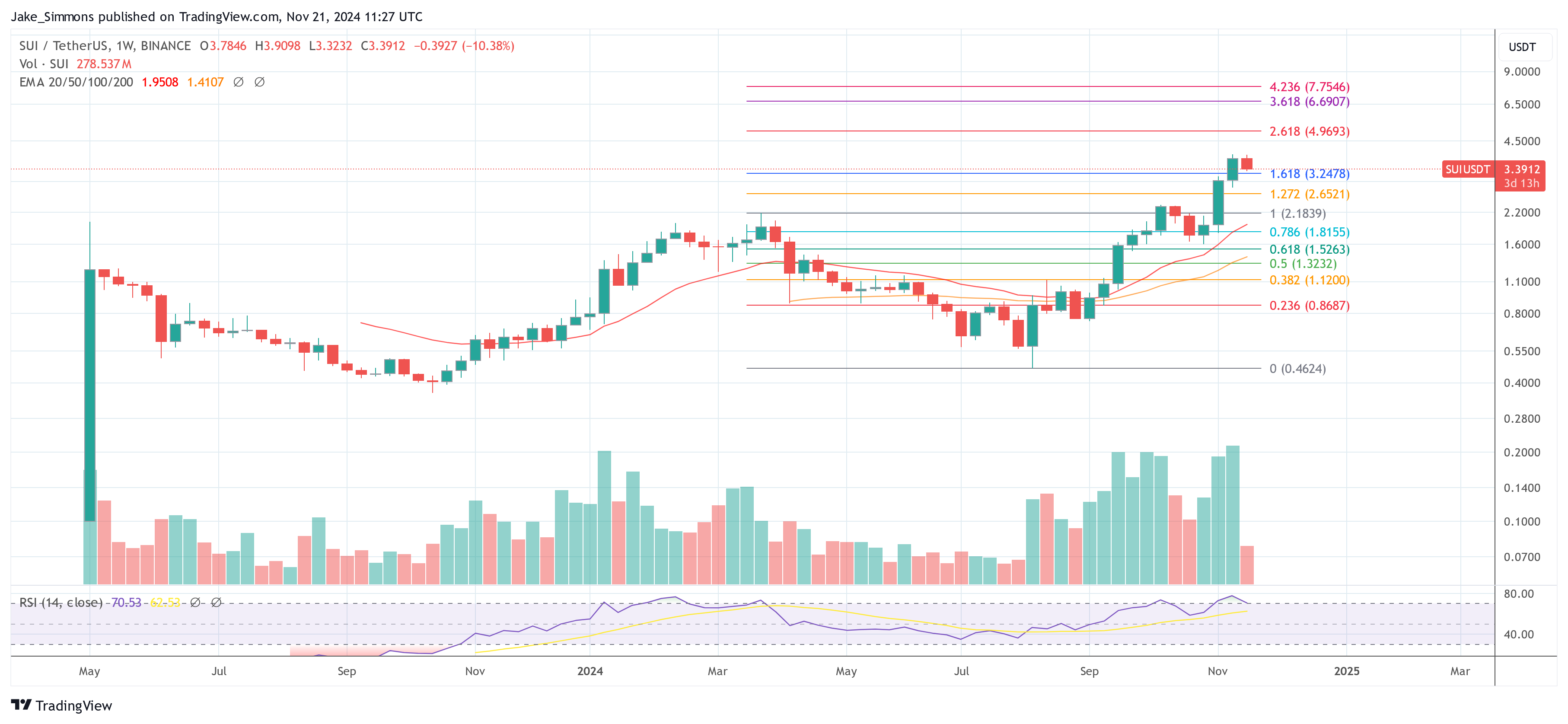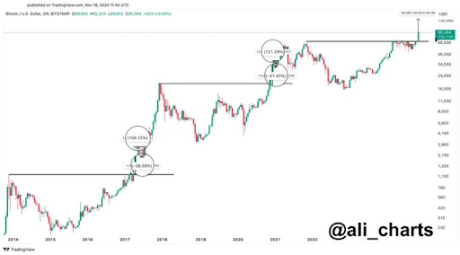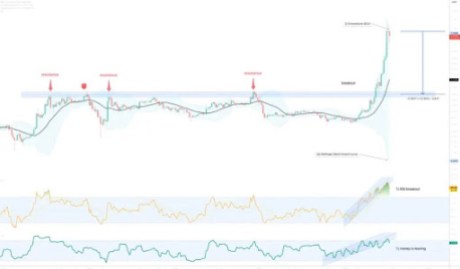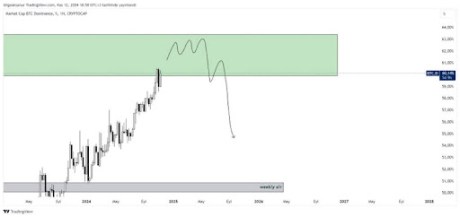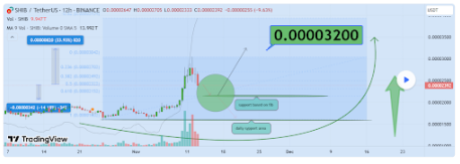Bitcoin (BTC), the leading cryptocurrency in the market, has experienced a significant decline since mid-August, resulting in a stagnant price within a newly formed range. This decline has occurred amidst what many believe is an extended bear market in cryptocurrency, causing concerns about the future of Bitcoin’s bull cycles.
Bloomberg Intelligence’s Senior Macro Strategist, Mike McGlone, has drawn attention to the current similarities between BTC’s trajectory and the infamous crash of Amazon in the 2000s during the “Dot Com Bubble.”
McGlone’s analysis emphasizes the importance of learning from history and highlights the potential risks if retail investors flood the market, causing Bitcoin to become overbought.
Bitcoin’s remarkable growth potential is exemplified by its journey from trading at $1 in 2011 to its current value, representing a surge of 26,000 times. In comparison, Amazon, a prominent tech giant, achieved a 130-fold increase over a similar period, but it took approximately 25 years.
To further illustrate the parallels between Amazon and Bitcoin, during the dot-com boom in the 90s and early 2000s, Amazon capitalized on customer growth and adept capital fundraising to expand its product offerings.
Starting as an online bookstore, it rapidly evolved into a vast online retailer, connecting customers with a diverse range of products.
Amazon’s valuation soared during this period, reaching over 50 times its Initial Public Offering (IPO) value in December 1999. However, the exuberance in the market was short-lived.
The “Dot-Com Bubble” bursting led to a sharp decline in the Nasdaq Composite, heavily influenced by technology companies, from its peak in March 2000.
As the “Dot-Com” crash unfolded, numerous companies struggled to sustain their business models or secure sufficient funding, resulting in their closure. Even prominent start-ups like Pets.com and Kozmo, in which Amazon had invested, succumbed to the downturn.
As a result, Amazon’s stock experienced a significant decline, losing more than 90 percent of its value over two years.
The lessons learned from Amazon’s rise and subsequent crash serve as a cautionary tale for Bitcoin. McGlone warns that the entry of retail investors into the market increases the risk of overbuying and market saturation.
When an asset becomes excessively hyped, prices can detach from their underlying value, setting the stage for a potential correction. Retail investors, driven by Fear of Missing Out (FOMO), may overlook fundamentals and blindly chase price momentum, further exacerbating the risk of a downturn.
Furthermore, the expert noted that Bitcoin’s increasing correlation with equity prices raises concerns. The current high correlation between Bitcoin and equities indicates a growing interdependence between the cryptocurrency and traditional markets.
As Bitcoin moves into the mainstream rapidly, it becomes more susceptible to broader market forces. This amplified correlation could magnify the impact on Bitcoin’s price in a market downturn.
Despite Bitcoin’s current value of $26,000, McGlone warns of the possibility of a drop to $10,000, which could have significant consequences.
It could trigger a shift in market sentiment and result in significant losses for latecomers who entered the market during this year’s peak.

Bitcoin (BTC) is trading at $26,000, reflecting a marginal decrease of 0.3% over the past 24 hours and the seven-day time frame.
Featured image from iStock, chart from TradingView.com
Bloomberg Intelligence’s Senior Macro Strategist, Mike McGlone, has drawn attention to the current similarities between BTC’s trajectory and the infamous crash of Amazon in the 2000s during the “Dot Com Bubble.”
McGlone’s analysis emphasizes the importance of learning from history and highlights the potential risks if retail investors flood the market, causing Bitcoin to become overbought.
Bitcoin Resemblance To Amazon’s Crash
Bitcoin’s remarkable growth potential is exemplified by its journey from trading at $1 in 2011 to its current value, representing a surge of 26,000 times. In comparison, Amazon, a prominent tech giant, achieved a 130-fold increase over a similar period, but it took approximately 25 years.
To further illustrate the parallels between Amazon and Bitcoin, during the dot-com boom in the 90s and early 2000s, Amazon capitalized on customer growth and adept capital fundraising to expand its product offerings.
Starting as an online bookstore, it rapidly evolved into a vast online retailer, connecting customers with a diverse range of products.
Amazon’s valuation soared during this period, reaching over 50 times its Initial Public Offering (IPO) value in December 1999. However, the exuberance in the market was short-lived.
The “Dot-Com Bubble” bursting led to a sharp decline in the Nasdaq Composite, heavily influenced by technology companies, from its peak in March 2000.
As the “Dot-Com” crash unfolded, numerous companies struggled to sustain their business models or secure sufficient funding, resulting in their closure. Even prominent start-ups like Pets.com and Kozmo, in which Amazon had invested, succumbed to the downturn.
As a result, Amazon’s stock experienced a significant decline, losing more than 90 percent of its value over two years.
The lessons learned from Amazon’s rise and subsequent crash serve as a cautionary tale for Bitcoin. McGlone warns that the entry of retail investors into the market increases the risk of overbuying and market saturation.
When an asset becomes excessively hyped, prices can detach from their underlying value, setting the stage for a potential correction. Retail investors, driven by Fear of Missing Out (FOMO), may overlook fundamentals and blindly chase price momentum, further exacerbating the risk of a downturn.
Furthermore, the expert noted that Bitcoin’s increasing correlation with equity prices raises concerns. The current high correlation between Bitcoin and equities indicates a growing interdependence between the cryptocurrency and traditional markets.
As Bitcoin moves into the mainstream rapidly, it becomes more susceptible to broader market forces. This amplified correlation could magnify the impact on Bitcoin’s price in a market downturn.
Despite Bitcoin’s current value of $26,000, McGlone warns of the possibility of a drop to $10,000, which could have significant consequences.
It could trigger a shift in market sentiment and result in significant losses for latecomers who entered the market during this year’s peak.
Bitcoin (BTC) is trading at $26,000, reflecting a marginal decrease of 0.3% over the past 24 hours and the seven-day time frame.
Featured image from iStock, chart from TradingView.com
